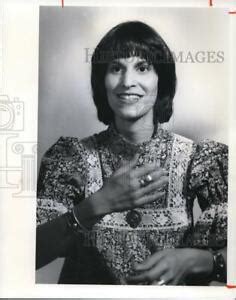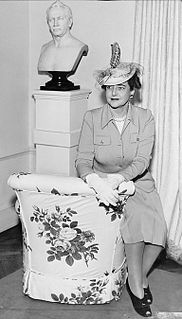A Quote by Joshua Greene
When you share your moral common sense with people in your locality, that helps you to form a community. But those gut reactions differ between groups, making it harder to get along with other groups.
Related Quotes
Today age segregation has passed all sane limits. Not only are fifteen-year-olds isolated from seventy-year-olds but social groups divide those in high school from those in junior high, and those who are twenty from those who are twenty-five. There are middle-middle-age groups, late-middle-age groups, and old-age groups - as though people with five years between them could not possibly have anything in common.
If you are collector, let other people share your pride and joy. Don't sprinkle your collection out of sight in a meaningless jumble. Notice how groups of small objects, when they are well arranged, become important and effective. Remember that repetition is a form of emphasis. Collect what you will, but see to it that you arrange your hobby to its best advantage.
I was an athlete, so I hung out with the jocks. I was smart, so I hung out with the nerdy kids. I was also into theater, so I hung out with the misfits... So I was always in different groups, and those groups never quite overlapped. The racial part of it was just another one of those groups, in one sense.
I am convinced more than ever that good communication and leadership are all about connecting. If you can connect with others at every level -one-on-one, in groups, and with an audience-your relationships are stronger, your sense of community improves, your ability to create teamwork increases, your influence increases, and your productivity skyrockets.
Most new movements start this way: hundreds or thousands of individuals and groups, working in different fields and different locations, start thinking about change using a common language, without necessarily recognizing those shared values. You just start following your own vector, propelled along by people in your immediate vicinity. And then one day, you look up and realize that all those individual trajectories have turned into a wave.
I have touched here on a problem that is masked if one speaks of racism. And that is the fact that the major differences between the established and outsiders group, which create tension and irritation, is not the form of the face or the skin color but the form of behavior: something learned. The form of behavior and feeling, of sentiment, is different in the immigrant groups from that of the established groups, and that may give rise to an enormous irritation.
Extinction has only separated groups: it has by no means made them; for if every form which has ever lived on this earth were suddenly to reappear, though it would be quite impossible to give definitions by which each group could be distinguished from other groups, as all would blend together by steps as fine as those between the finest existing varieties, nevertheless a natural classification, or at least a natural arrangement, would be possible.
If you look back at history or you look at any place in the world where religious groups or ethnic groups or racial groups or political groups are killing each other, or families have been feuding for years and years, you can see - because you're not particularly invested in that particular argument - that there will never be peace until somebody softens what is rigid in their heart.





































